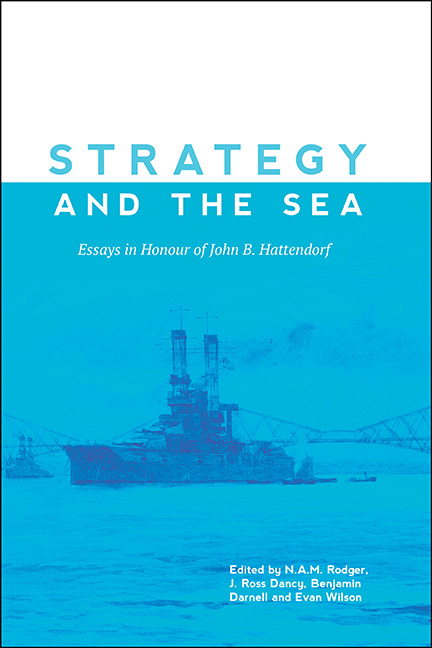In the 1950s and early 1960s few doubted that the United Kingdom had a world role and the responsibilities that went with it: “In those days, more than a quarter of a century ago”, remarked Lord Carrington the British Foreign Secretary, “it seemed clear that we had indeed such a role and must be ready to play it — and the next few years justified the assumption.” Across the board of British politics the simple abandonment of existing commitments was considered unthinkable. Even Edward Heath, that arch-European, when in opposition was adamantly opposed to the cuts decided on by the Labour Government in 1966–68.
Moreover, the British had the forces to put their policy into effect. In 1964 when Healey took over as Defence Secretary, there were more land forces East of Suez than there were confronting the Russians in Germany. The Royal Navy thought of itself as a world-wide actor in defence of the British Empire and Commonwealth, not just as a counter to the Soviet Northern and Baltic fleets, burgeoning as they were. The Royal Navy had major bases in Singapore, Aden, Bahrain and Labuan in Borneo; the Royal Air Force staging posts at Ascension Island and Gan; and the Army maintained garrisons in Malaya, Hong Kong and Borneo.
This did not, however, imply that the British saw themselves simply as wanting to defend the status quo. The British had always maintained the empire on the cheap because they were basically interested in trade, not territory, and were reluctant to assume the burdens of an empire. For this reason, the British relied on consent of a sort. British imperial historians have for years been making the point that the empire rested essentially on such consent. How else could the British “rule” India, a region of 225–250 million people, with just 1,250 senior civil servants and at most 35,000 British troops? With the growth of nationalism, this consent was withdrawn and the British recognized with considerably greater insight than the Dutch or the French that the status quo was unsustainable.
